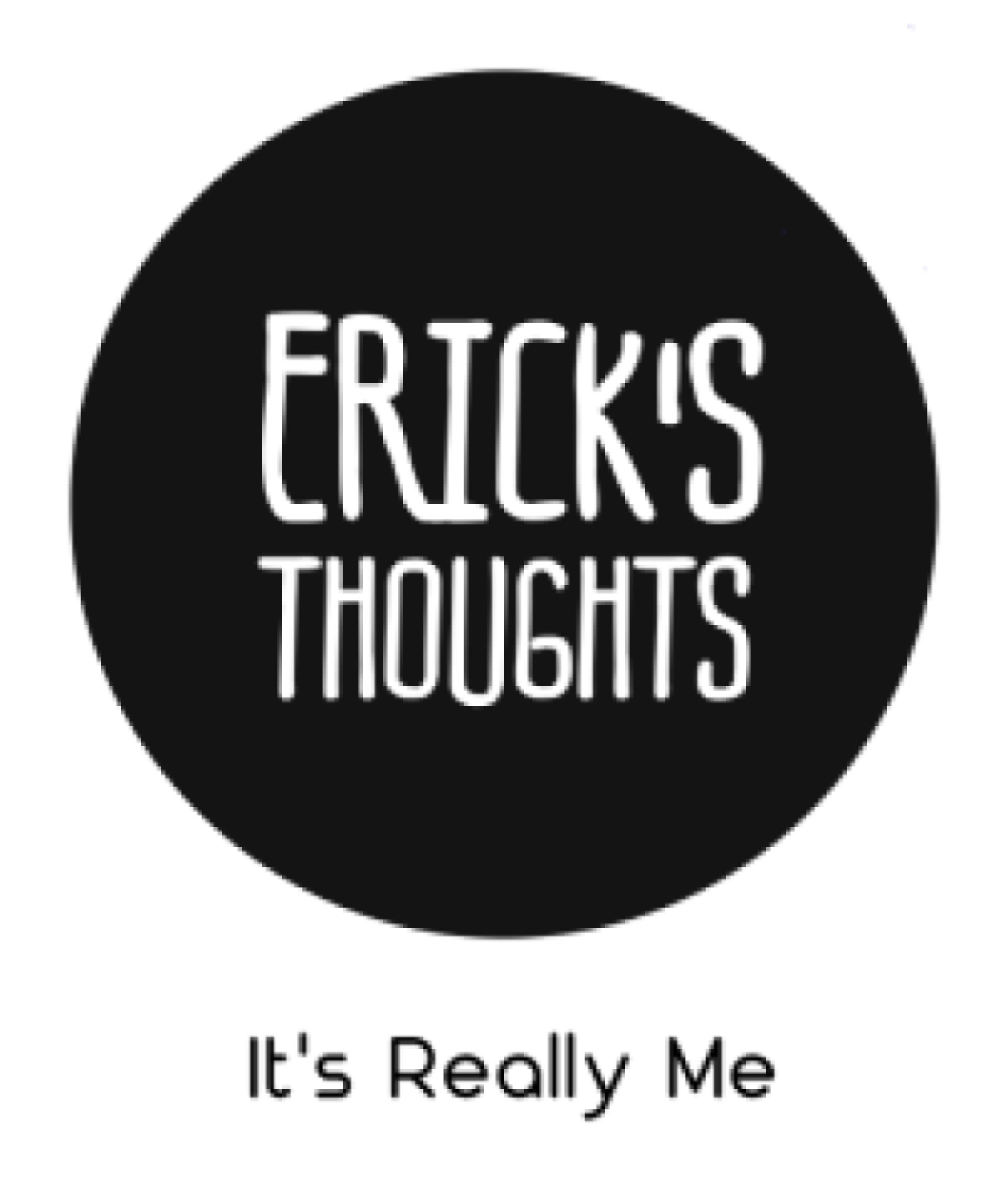What is a masterpiece? Per Merriam Webster, a masterpiece is a work done with extraordinary skill, especially regarding a supreme intellectual or artistic achievement. There are many common knowledge examples of masterpieces: Van Gogh’s The Starry Night, Shakespeare’s plays, the philosophy of Socrates and Plato, the Bible. It’s relatively easy to feel awe and respect for a masterpiece, it’s a masterpiece after all, its greatness radiates and is not contained by the particular creation. A masterpiece is so extraordinary that my first reaction is to think that the creator is equally as extraordinary – incomprehensibly and totally extraordinary. So extraordinary it would be a deluded fantasy to entertain the desire of wanting to produce a masterpiece myself. Surely I can’t be that, or can I? I still find that I want to produce what comes to mind as a masterpiece.
Is that even possible? Maybe. As far as I can tell, creators of masterpieces are extraordinary, that is literally very unusual or remarkable – at least in the domain of their creation and perhaps a few other domains, too. They are also human though, so as special as they are they are also very much ordinary. What does this mean? This means that you don’t have to be extraordinary in every way possible, only the amount necessary to create your given masterpiece in your given focus area. For every other part of yourself, it’s basically okay to be average (or doesn’t really matter what you are actually). It’s worth noting that extraordinary does not have any mention of good or bad aka morality, utility, etc. in its definition, it’s just referring to something different, in any direction. There can be holy masterpieces, evil masterpieces, amoral masterpieces, lighthearted masterpieces, or gravely serious masterpieces.
They’re just different. You are different. Embrace who you are and you can create a masterpiece. Your masterpiece. This is consistent with a thought I have had since high school – that every single person is capable of something special, just not the same special thing. It’s not “I can be anything when I grow up”, but “I can be something special when I grow up.” Some people can be or create more things than others because they have a deeper range of differences – perhaps more intelligence, athleticism, creativity, or specific combination of differences. It can’t be helped. Regardless, a person with a smaller range of differences that does produce a masterpiece relative to their capacity has all the rights to be proud. A masterpiece is authentic and genuine, and as far as I have seen in life people gravitate to and respect authenticity. I would say it’s more impressive on an honor / virtue level when a person of smaller differences produces a work at / near the limit of their ability than a person of higher ability producing the same work – they should produce an even more challenging work for it to qualify as a masterpiece. At the level of the work itself, I will admit I do respect the most challenging works more, because in the back of my mind or deep in my heart that’s what I aspire to – those are the ones I study deeply or contemplate, because I don’t fully comprehend how they came about.
Back on the point of differences, a certain combination of differences in you vs. everyone else will predispose you to being able to create a certain kind of masterpiece, but that doesn’t mean you will. You still need to do the actual creating, and before you can even create the masterpiece you have to arrive at the point from which you can even start the masterpiece. Reaching this starting point is the culmination of long periods of development aka approaching your natural limit. So there’s at least two main components – (1) how much ability did the creator possess in the relevant domains and (2) how close the creator got to their natural limit. We already hear this constantly in day-to-day culture – the eternal debate of talent vs. hard work, like one is better than the other. Really, it’s a big win to have either. Having one doesn’t mean you will have the other. You may have none, or you may have both. So far, I would have to assume that hard work can be developed more easily than talent / aptitude which seems a bit more randomly assigned at birth. More easily, but by no means easy, actually very hard to approach your natural limit. In any case, I think the most inspiring masterpieces require high levels of both 1 and 2.
So if talent is somewhat out of our control, I think it makes sense to focus more on developing ourselves to our limit. I think that looks a bit different for all of us depending on where our talents and interests lie. Some people are amazing at connecting with others and developing social networks from which eventually they draw very unique insights. Others have a special relationship and vision with something super specific like a musical instrument, numbers, or scientific principles. What are my talents and interests? What is it that dominates my way of thinking? This is a question I need to continue to reflect on for the next several years, as I think the clues to my masterpiece will be on this path. Reading is a means to an end. I have a little bit of intuition for what it is I need to continue to digest, only so that I properly fuel whatever seed of an insight is hidden somewhere in me. And if I’m being honest, I kind of sense that I am going to end up somewhere, I just don’t know where.
What I do know is there is no chance I will harvest that seed if I do not dedicate meaningful time – a decade or more, and I’m not exaggerating. It just takes time, like I said in my post Time is the Path to Wisdom. The most rewarding journey, it requires space. And lots of time. Already in some ways, I am living my life now such that I can create that space and time for myself. Even without looking for examples, several have cropped up over the last two years that show this same mold in action:
Machiavelli – imprisoned then left to live on a farm in countryside and reflected deeply on political and power struggle learnings from which he wrote The Prince and The Discourses for which he became famous for after death
Nassim Nicholas Taleb – worked in finance as a trader to make fuck you money so that he could really pursue his ideas of uncertainty and fragility – would take several year sabbaticals and eventually spend long periods of time not having to work but able to write
Marcel Proust – grew up as a sickly child, spent most of his years chasing experiences and being around aristocrats, got sick again and moved back to the French countryside where he finally produced one of the best novels of all time drawing from his life experiences
Henry David Thoreau – went to live in the wilderness for 2 years and observe nature at the depth that he was capable of / the level at which he was yearning to observe and then left when he thought he had seen what he needed or experienced what he needed to experience – Walden is these observations
Charles Darwin – didn’t have a flash but because he was stuck as a natural specimen collector on a super long voyage he was effectively so bored or had nothing else to do that he committed himself to gathering all the samples he did and partly through sheer volume of items he was seeing he eventually began to note the patterns which led ultimately to the theory of evolution
You have to give it time. I have to give it time. At the same time, life is finite, so I’m working against the clock to try to get to my masterpiece. Working against the clock for something that can’t be rushed. I’ll be happy going as far as I go, but if I have one personal wish it is to see it all the way through.



